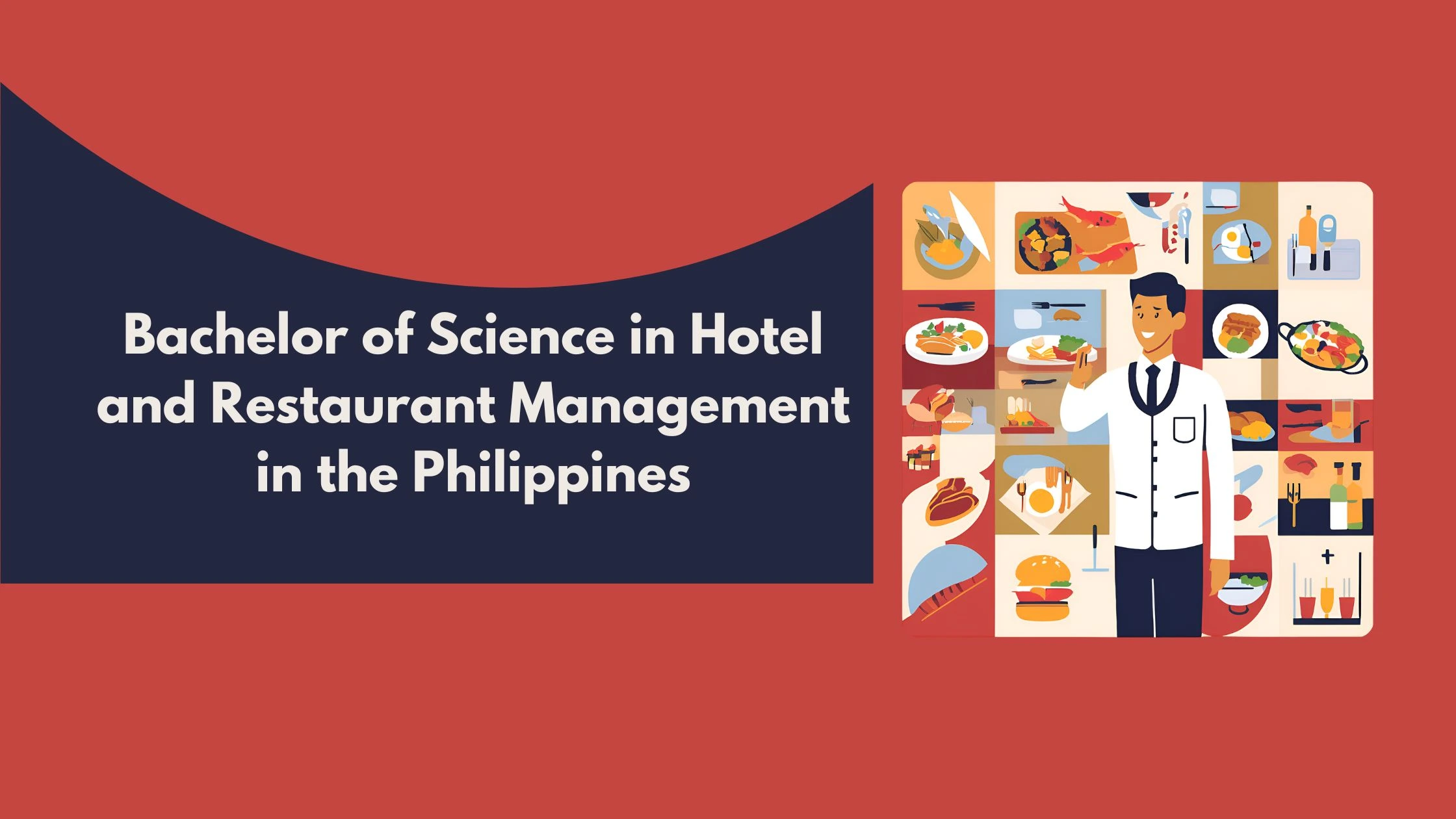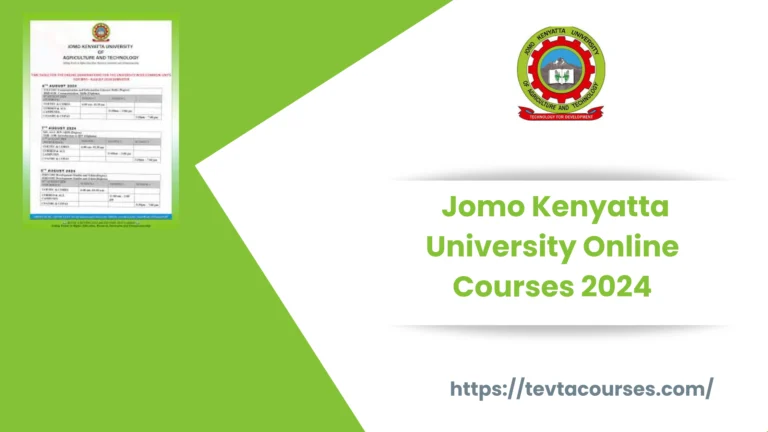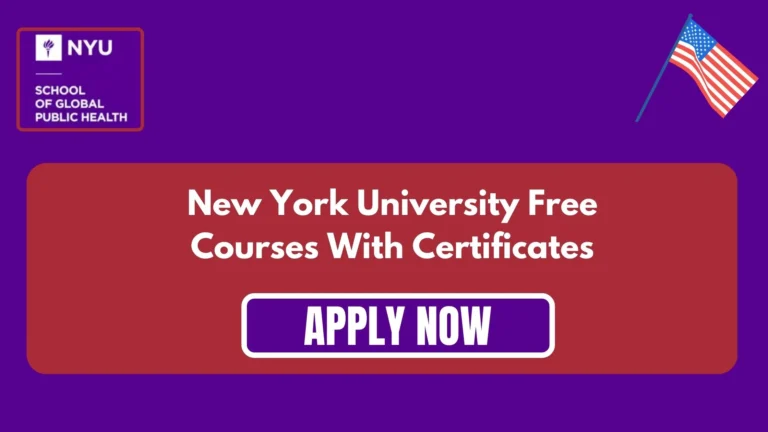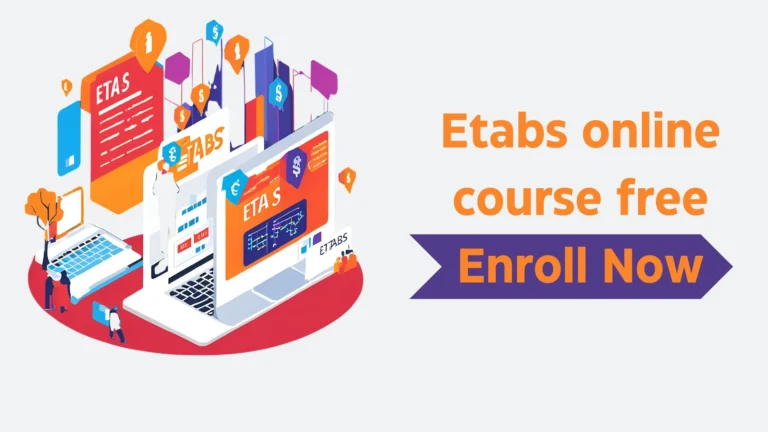Bachelor of Science in Hotel and Restaurant Management in the Philippines
The Bachelor of Science in Hotel and Restaurant Management (BS HRM) program 2025 is designed to equip students with the necessary knowledge, skills, and attitudes to provide quality service in the hospitality industry. There are many subjects in this program that meet the requirements of various areas of hospitality certification such as front office food tourism resort and hotel operations. Its main focus is on the development of practical and managerial skills through a combination of theoretical classes, practical exercises, and experiential learning.
Bachelor of Science in Hotel and Restaurant Management in the Philippines is known as a four-year undergraduate degree program and offers two different tracks. Culinary Management Track and Hotel Operations Track which will equip the students with basic requirements as well as skills related to major and minor areas of concentration. The program is supported by state-of-the-art kitchen and dining facilities, bar, and demonstration rooms designed to meet all the students’ professional standards in the industry and the faculty ensures that students get real-world exposure. Gain insights as all are industry veterans.
In 2008, BS Hotel and Restaurant Management first offered a remarkable 18 sections for freshers in the first year of offering. It was also in this year that the HRM department was formed under the wings of the IABF. At the end of SY 2009-2010, the BSC Tourism Management program was replaced by a straight program that is BS Tourism Management and received government recognition under CHED CMO No. 30. By the end of the second semester SY 2010-2011, a new institute was established to administer the BS Tourism Management and BS Hotel & Restaurant Management programs, the Institute, the Institute of Tourism and Hotel Management or ITHM.
Under the new 2018 curriculum, learners pursuing this program will have to complete 152 units of study, including one unit or 100 hours of in-house internship in their second year, 600 hours of internship in industry in their last year. , and includes 145 units. (3,116 hours) Work consisting of course research effort.
BS HRM graduates belong to Level VI (Baccalaureate) of the Philippine Qualifications Framework and are also recognized under the ASEAN Qualification Reference Framework. Additionally, the BS HRM program has achieved the first RA accreditation status of Level II under the Philippine Association of Colleges and Universities Commission on Accreditation (PACUCOA) as of May 2018.
The Bachelor of Science in Hotel and Restaurant Management in the Philippines welcomes all interested applicants from any senior high school track. passing the FEU College Entrance Test (FEUCAT). passing the FEU College Admission Test (FEUCAT). All incoming first-year students must follow the University’s admissions requirements as prescribed by the Office of Admissions and Financial Aid.
Objectives of the Bachelor of Science in Hotel and Restaurant Management in the Philippines
The Bachelor of Science in Hotel and Restaurant Management aims to develop students’ intellectual and social abilities, managerial qualities, and managerial and practical skills through appropriate and balanced general education (GE) along with theoretical and practical training in hospitality management. To promote.
The Bachelor of Science in Hotel and Restaurant Management combines theory into practice with a focus on international growth and development sectors, to produce efficient and effective practitioners and professionals in the field of hospitality management in the future.
To achieve this objective, the Hotel and Restaurant Management Department aims to:
- Hire faculty members who are highly qualified and competent educators and practitioners with professional and global perspectives and expertise;
- Equip students with facilities and appropriate materials to enhance their knowledge and skills through practical learning per local and international industry standards and accreditation bodies.
- Provide library acquisitions, media, journals, and other technical resources to support professional BS HRM courses.
- Provide a holistic care and hospitality office, administrators, and staff that will help improve the student experience.
- Offer funding for continuing learning and research to students and faculty members to facilitate active involvement in national and international paper presentations and publications; And
- Partner with leading local and international hotels and restaurants to expose students to potential employment and current engagement opportunities.
The Bachelor of Science in Hotel and Restaurant Management in the Philippines fulfills the stated objectives of hospitality management education. As indicated in Commission in Higher Education Membership Order no. 62, Series of 2017.
Program Expected Learning Outcomes
Common to all programs Graduates of FEU can:
- Describe and discuss the latest developments in a particular field of practice.
- Communicate effectively orally and in writing using English, Filipino, mother tongue, and an appropriate foreign language as required by the industry.
- Work effectively and independently in multidisciplinary and multicultural teams; And
- Act in recognition of professional, social, and ethical responsibility.
- Preserve and promote the historical and cultural heritage of the Philippines (Based on RA No. 7722).
Common to tourism and hospitality disciplines:
Graduates from the Institute of Tourism and Hotel Management (ITHM) can:
- Demonstrated knowledge of the tourism industry, local tourism products and services;
- Interpret and apply laws relevant to the tourism industry.
- Observe and perform risk reduction activities;
- Use of Information Technology Applications for Tourism and Hospitality;
- management and marketing of a service-based business organization;
- Demonstrate managerial and administrative skills in a service-based business organization;
- Preparation and monitoring of industry-specific financial transactions and reports;
- To carry out the human capital development functions of the tourism-based organization; And
- Skillfully use various communication channels with guests and colleagues.
Specific to the hospitality management programs
Hospitality management graduates can:
- Prepare food products and services according to enterprise standards.
- Apply management skills in food and beverage (F and B) service operations;
- Perform and provide complete guest cycle services for front offices.
- Perform and maintain other housekeeping services for guests and facility operations.
- planning and implementing risk management programs to provide safe and secure workplaces; And
- Provide food and beverage services and manage seamless operations based on industry standards.
FEU BS HRM PELOs and performance indicators
- Perform basic management functions in hospitality such as planning, organizing, leading, controlling, and staffing
- Effectively utilize diverse communication media and technology as required by the hospitality industry.
- Demonstrate knowledge, and skills and evaluate performance in the hospitality services and culinary industry
- Develop competence and critical thinking skills in developing research and making decisions using data analytics.
- Promote corporate citizenship and social responsibility.
- Work efficiently and independently in multidisciplinary and multicultural teams.
Career paths
The Bachelor of Science in Hotel and Restaurant Management in the Philippines program offers a wide range of professional career paths to prepare our learners for the dynamic, global work environment in the tourism and hospitality field. These career paths include:
Restaurants and Food Service
- Cashier
- Bartender
- Mixologist
- Oenologist
- Restaurant Steward
- Bar Supervisor
- Waiter/Food Attendant
- Room Service Waiter
- Sommelier
- Barista
- Head waiter
- Captain waiter
- Bar accountant
- Restaurant Supervisor
- Assistant Restaurant Manager
- Shift Leader
- Team Leader
- Room Service Manager
- Maitre d’ Hotel
- Director
- F&B Outlet Manager
- Restaurant Manager
- Outlet Manager
Kitchen and Production Operations
- Receiving Clerk
- Stock Clerk
- Commis Pastry
- Baker
- Butcher
- Commis 1, 2,3
- Line Cooks
- Demi Chef
- Commis Chef
- Chef De Partie
- Pantry Chef
- Pastry Chef
- Head Cook Saute Chef
- Grill Cook
- Fry Cook
- Sous Chef
- Head Chef
- Executive Chef
- Sanitation Officer
Lodging and Accommodation Services
- Housekeeping positions
a. Shift Leader
b. Checker
c. Room Attendant
d. Room Assistant
e. Cabin Steward
f. Housekeeping Attendant
g. Room Steward
h. Floor Supervisor
i. Chief Housekeeper
J. Bell Captain K. Room Inspector
l. Laundry Supervisor
M. Executive Housekeeper Housekeeping Manager
n. Laundry Manager - Front Office positions:
a. Receptionist
b. Lobby Greeter
c. Front Office Attendant
d. Switchboard Operator
e. Airport Representative
f. Reservation Clerk
g. Bell Service Porter/Attendant
h. Concierge / CRM
i. Front Office Supervisor
J. Front Office Cashier
K. Night Auditor
l. Duty Supervisor
m. Front Office Manager
n. Rooms Division Manager
o. Reservations Manager
p. Unit Manager
Sales and Marketing in Tourism and Hospitality Establishments
- Convention, Entertainment Positions:
a. Sales Representative
b. Convention Sales Personnel
c. Event and Entertainment staff
d. Organizers/Planners
e. Information Specialist Public Relations Staff
f. Sales Representative
g. Assistant Manager
h. Research Directors Marketing Manager
i. Events Planner
j. Exhibit Planner
k. Convention and Event Manager - Public Relations positions:
a. Public Relations Personnel
b. Photographer
c. Writer
d. Telemarketing Staff
e. PR Director
f. PR Manager - Sports, Leisure and Recreation center personnel
a. Spa Manager
b. Activity Director
c. Recreation Director
d. Events Coordinator
e. Leisure Manager.
Program Features
The Bachelor of Science in Hotel and Restaurant Management in the Philippines program uses a variety of approaches in hospitality management education, tailored to the needs of our students and the demands of the changing global work environment in the hotel and restaurant management profession. This allows the program to remain competitive and relevant in the field.
Bachelor of Science in Hotel and Restaurant Management Program Curriculum
The first two years of the BS HRM mostly focus on general education (GE) courses designed to develop learners’ core competencies such as critical and analytical thinking, oral and written communication skills, and independent learning. The final two years of the program focus on tourism and hospitality core, professional core, and optional courses.
Along with their GE courses, BS HRM students must also take professional courses based on their chosen track.
Culinary Management Track
The Bachelor of Science in Hotel and Restaurant Management – Culinary Management track aims to produce graduates who are equipped with the knowledge, skills, and attitudes necessary to provide superior industry services.
The program provides students with high-quality learning in culinary and professional courses such as cost control, baking, food styling, restaurant innovation, specialty foods, and the like. Business management courses, meanwhile, are designed to strengthen students’ strategic perspectives in the service and production operations of the hospitality industry.
This track develops students’ technical knowledge of how to control costs in hotel and restaurant operations, hones their culinary creativity and innovation, as well as an advanced discipline in kitchen laboratory methods. Creates discipline that will meet current and future needs. Hospitality industry
The culinary management track includes courses that offer industry-recognized certifications such as TESDA-NC II in Cookery and Food and Beverage Service.
Hotel Operations Track
The Hotel Operations track focuses on enhancing the student’s ability to develop a theoretical and conceptual perspective that will guarantee the sustainability and continued growth of the hospitality industry today.
The Bachelor of Science in Hotel and Restaurant Management program is designed to promote students’ higher education in professional courses such as enology, room distribution, special topics in the hospitality industry, and restaurant innovation. It is balanced with general education and business management courses that focus on the holistic development of students.
FEU-ITHM provides state-of-the-art facilities to simulate student learning experiences in kitchen laboratories, mock hotel rooms, and wine sensory rooms.
The skills developed here are designed to create new processes and innovative products such as the combination of local products and Indigenous materials to be used in enology and the adoption of local and modern styles and principles in the hospitality industry. There is a combination.
FEU-ITHM strengthens its hotel operations track through the integration of national and international certifications such as TESDA and American Hotel and Lodging Educational Institute (AHLEI) Certified Gold Service Professional (CGSP).
Students are also trained to be good, socially, and morally responsible citizens through the National Service Training Program (NSTP) and the University’s Welfare and Recreation Program (WRP). Under the WRP, students can choose to participate in a variety of short courses aimed at improving their physical and emotional well-being, as well as their sense of belonging in the community and their social responsibility.
Teaching-Learning Approaches
The BS HRM program is designed based on industry needs with the support of ITHM’s Stakeholders Advisory Board Committee (SABC). The program was designed to produce service-oriented professionals who are competent, caring, and committed. As such, the program utilizes the following diverse teaching methods focusing on the needs and abilities of learners:
Student-centered learning
BS HRM faculty are encouraged to create an active and dynamic learning environment to develop critical-thinking learners. This includes designing class modules that focus on the needs of learners and incorporating collaborative classroom experiences between teachers and students.
Blended learning
Geared toward global and independent learning, some courses under the BS HRM program are delivered through a mix of online virtual classrooms, self-study modules, and face-to-face sessions. FEU uses Canvas, a world-class learning management system, to facilitate this mode of delivery.
Research-based approach
The program uses case studies and research-based content to ensure learners are provided with industry understanding and practice. Moreover, the program encourages learners to develop a research culture among themselves.
Assessments
The Institute of Tourism and Hotel Management in partnership with a third-party provider offers assessments for TESDA National Certification to assess learners’ competencies in Housekeeping Operations, Bar Management, Barista, Culinary, Baking, and Front Office Operations. can go
ITHM in partnership with the American Hotel and Lodging Educational Institute (AHLEI) also offers the Certified Guest Service Professional (CGSP) assessment for students who are pursuing internships at their home.
During coursework, teachers also conduct a variety of assessment and evaluation tasks for learners, in the form of pen-and-paper tests, quizzes, practical tests, reports and presentations, case analysis, and research-based writing. I can be
Internship
Learners taking the BS HRM program are first required to complete a 100-hour internship during their second year at Café Alfredo, ITHM’s in-house café located in the lobby of Alfredo Reyes Hall. Then, during their final year and before completing the program, they have to enroll in a six-unit apprenticeship program with 600 hours of internship within the industry.
During the apprenticeship program, learners are expected to immerse and experience various areas in hospitality and tourism establishments such as housekeeping, front office, kitchen, food and beverage service.
Award Requirements
Learners must complete 152 units of study or 3,816 hours of coursework, including 100 hours of in-house internship and a 600-hour apprenticeship program in industry. They must maintain a quality point average (QPA) of 1.2 to advance to the second year, 1.5 to advance to the third year, 1.8 to advance to the fourth-year rank, and 2.0 to graduate.
BS HRM learners intending to pursue Latin Honors must have no disciplinary cases and no failing marks, a QPA of 3.40-3.59 for Low Loud, 3.60-3.79 for Magna Low Loud, and 3.80 for Suma Low Loud. -4.00.
Benchmark statement and reference point
Hotel and Restaurant Management adheres to the policies, standards and guidelines of the Bachelor of Science in Hospitality Management (BS HM) under CHED Memorandum Order No. 62, s. 2017.







